Why Moringa-Specific Isothiocyanates Stand Out: A Unique Source of Powerful Health Benefits

You may have heard about Moringa being a superfood, but what exactly makes it so special? The answer lies in its unique bioactive compounds, particularly isothiocyanates, which set Moringa apart from other nutrient-dense plants. While many vegetables contain these powerful compounds, Moringa’s specific type of isothiocyanates—especially moringin—offers stronger, more comprehensive benefits for both health and beauty. Let’s dive deeper into what makes Moringa’s isothiocyanates truly unique and how you can take advantage of them.
What Are Isothiocyanates?
Isothiocyanates are naturally occurring compounds found in various plants, known for their remarkable anti-inflammatory, antioxidant, and cancer-preventive properties. They belong to the glucosinolate family and are typically found in cruciferous vegetables like broccoli, kale, and cabbage.
These compounds have gained attention due to their cell-protective abilities, but Moringa stands out in the isothiocyanate world for its specific form of the compound: moringin. Moringa offers more than just a sprinkle of health benefits—it provides a potent dose of isothiocyanates that are more bioavailable and work synergistically with other nutrients to deliver comprehensive health support.
Formation and Composition of Moringa-Specific Isothiocyanates
The magic behind Moringa’s isothiocyanates begins when the plant is crushed, chewed, or processed. This physical action triggers an enzyme called myrosinase, which breaks down naturally occurring compounds called glucosinolates into isothiocyanates—the compounds responsible for many of Moringa’s impressive health benefits.
When you consume Moringa leaves, whether by chewing or taking them in powdered form, this enzymatic reaction is activated, releasing potent isothiocyanates, including moringin. This process allows the isothiocyanates to be quickly absorbed by the body, offering benefits like anti-inflammatory and antioxidant protection.
This activation method—triggered by simple chewing or crushing—makes Moringa’s bioactive compounds more bioavailable, meaning they are easily absorbed and utilized by the body. This is one of the reasons why Moringa is considered a superior source of isothiocyanates compared to other plants.
What Makes Moringa’s Bioactive Compounds Unique?
Moringa’s moringin is just the start of its impressive health benefits. This superfood is rich in various bioactive compounds, all working together to promote total-body wellness. Let’s explore how some of these unique compounds, like zeatin, function:
Zeatin: The Moringa leaves Anti-Aging Secret
One of the most remarkable compounds found in Moringa is zeatin, a rare plant hormone that plays a crucial role in cell division and growth. Zeatin is known for its anti-aging properties, as it helps promote healthy skin by encouraging cell regeneration. What’s more, chewing or crushing Moringa leaves can help release zeatin into your system, making it more bioavailable for your body to use.
Zeatin works hand-in-hand with Moringa’s other bioactive compounds to protect cells from age-related damage, helping you maintain a youthful appearance and support overall skin health.
Quercetin, Chlorogenic Acid, and Vitamin E
In addition to zeatin, Moringa contains other powerful compounds, such as:
-
Quercetin: A potent antioxidant that helps reduce inflammation and protect your cells from damage.
-
Chlorogenic Acid: Known for its ability to support metabolic health and help regulate blood sugar levels.
-
Vitamin E: A well-known skin protector that enhances elasticity and guards against oxidative damage.
Together, these compounds create a synergistic effect, enhancing each other’s benefits for a total-body wellness solution. Whether you’re looking to support your skin’s health or boost your immune system, Moringa offers a holistic approach to health that is hard to match.
Health Benefits of Moringa-Specific Isothiocyanates
Moringa’s isothiocyanates are the cornerstone of its health-boosting powers. Here are the key ways they support your well-being:
-
Cancer Chemopreventive Properties: Moringa’s isothiocyanates have shown potential in inhibiting cancer cell growth, promoting apoptosis (cancer cell death), and reducing the risk of certain cancers.
-
Hydrogen Sulfide (H2S) Release: These compounds can release H2S, which supports cardiovascular health, offers anti-inflammatory benefits, and provides neuroprotection.
-
Antioxidant Activity: Moringa’s isothiocyanates help neutralize free radicals, reducing oxidative stress and cell damage, making them great for maintaining youthful skin.
-
Anti-inflammatory Properties: These compounds soothe inflammation, offering relief for chronic inflammatory conditions and protecting against long-term damage.
-
Immune System Support: Isothiocyanates enhance the body’s ability to fight off infections and boost immune function, helping you stay healthy year-round.
-
Metabolic Health: Moringa’s isothiocyanates may help regulate blood sugar levels, making them beneficial for metabolic health and supporting anti-diabetic properties.
-
Antimicrobial Effects: These compounds also exhibit antimicrobial properties, helping to fight harmful bacteria and fungi, thus supporting overall wellness.
How Moringa Compares to Other Isothiocyanate-Rich Plants
While vegetables like broccoli and kale are also rich in isothiocyanates, Moringa offers a different kind of isothiocyanate with even more potent effects—moringin. Here’s why Moringa stands out:
-
Unique Compound: While broccoli contains sulforaphane, Moringa offers moringin, which has distinct anti-inflammatory and antioxidant effects.
-
Higher Concentration: Moringa’s concentration of isothiocyanates is higher than that of many cruciferous vegetables, giving you more health benefits in every serving.
-
Holistic Health Benefits: While cruciferous vegetables focus on one area of health, Moringa’s diverse range of bioactives (including zeatin, quercetin, and chlorogenic acid) provides a well-rounded approach to health and beauty.
-
Versatility: Moringa is easy to integrate into your daily routine—whether as a powder, capsule, or oil—making it a more convenient way to enjoy the benefits of isothiocyanates.
How to Incorporate Moringa Into Your Diet and Skincare Routine
Getting the most out of Moringa is simple and rewarding. Here’s how you can make it a part of your everyday life:
1. Moringa Leaf Powder: Nutrient-Rich Superfood
Add a teaspoon of Moringa powder to your smoothies, soups, or teas for a nutritional boost that supports everything from immune function to skin health. Alternatively, Moringa capsules are a convenient way to enjoy all the benefits without any prep time.
2. Moringa Seed Oil: Skincare’s Best-Kept Secret
For glowing, hydrated skin, apply Moringa seed oil as a moisturizer or body oil. It’s rich in Vitamin E and essential fatty acids, helping to protect and rejuvenate the skin.
3. Better Together: The Inside-Out, Outside-In Approach
For the ultimate inside-out wellness routine, pair Moringa leaf powder or capsules with Moringa seed oil, Moringa recovery balm or Moringa face cream. Start your day with a Moringa-infused smoothie and end it with a few drops of seed oil on your skin for a total-body approach to health and beauty.
4. Building Healthy Habits
The key to unlocking Moringa’s full potential is consistency. With regular use, you’ll notice increased vitality, clearer skin, and an overall boost to your well-being.
Moringa offers a unique blend of bioactive compounds, with its isothiocyanates leading the charge in promoting health and wellness. From reducing inflammation to boosting your immune system and improving skin health, Moringa works synergistically to provide a total wellness solution that supports your body from the inside out. Whether you choose Moringa powder, capsules, or seed oil, balm, or cream, you’re making an investment in your health that’s both powerful and easy to incorporate into your daily routine.
Citations:
Isothiocyanate-rich Moringa oleifera extract reduces weight gain, insulin resistance and hepatic gluconeogenesis
https://pmc.ncbi.nlm.nih.gov/articles/PMC4456298/
https://www.ncbi.nlm.nih.gov/pmc/articles/PMC6278362/
https://www.ncbi.nlm.nih.gov/pmc/articles/PMC8869219/
https://www.ncbi.nlm.nih.gov/pmc/articles/PMC6278362/
https://www.ncbi.nlm.nih.gov/pmc/articles/PMC6226005/
https://www.sciencedirect.com/topics/agricultural-and-biological-sciences/isothiocyanate
FDA Disclaimer
*This statement has not been evaluated by the Food and Drug Administration. This product is not intended to diagnose, treat, cure, or prevent any disease.

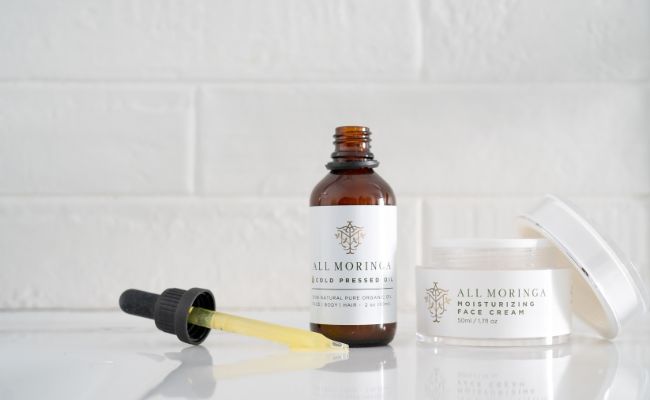
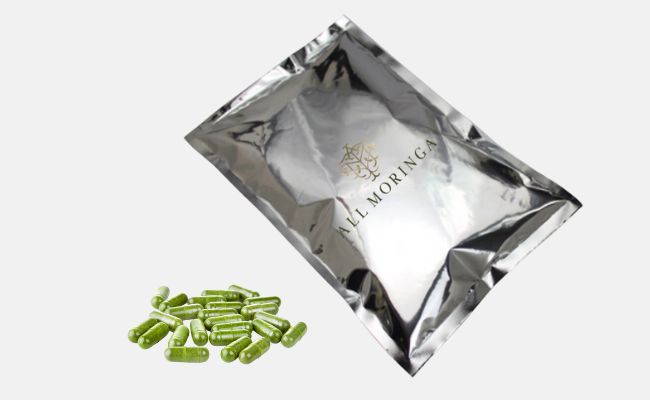
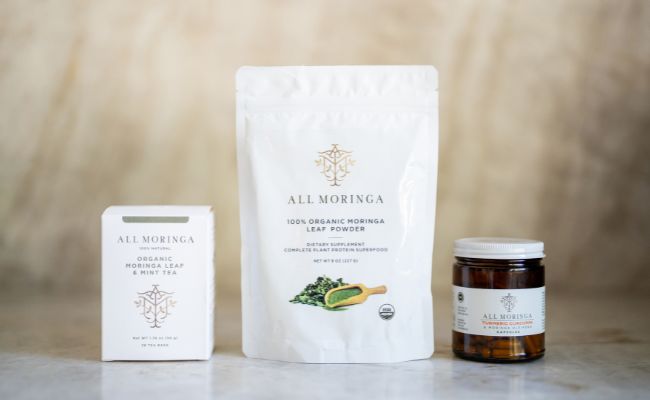
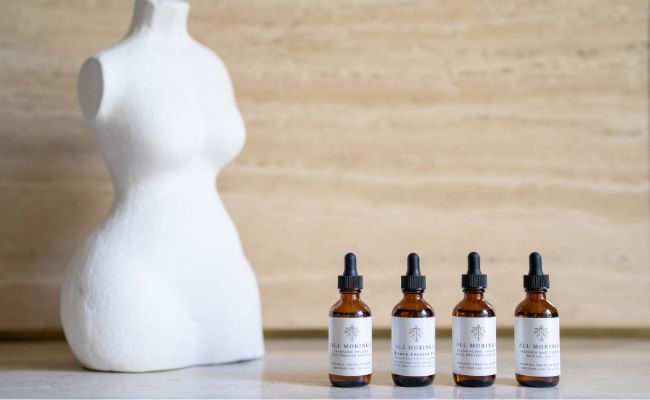
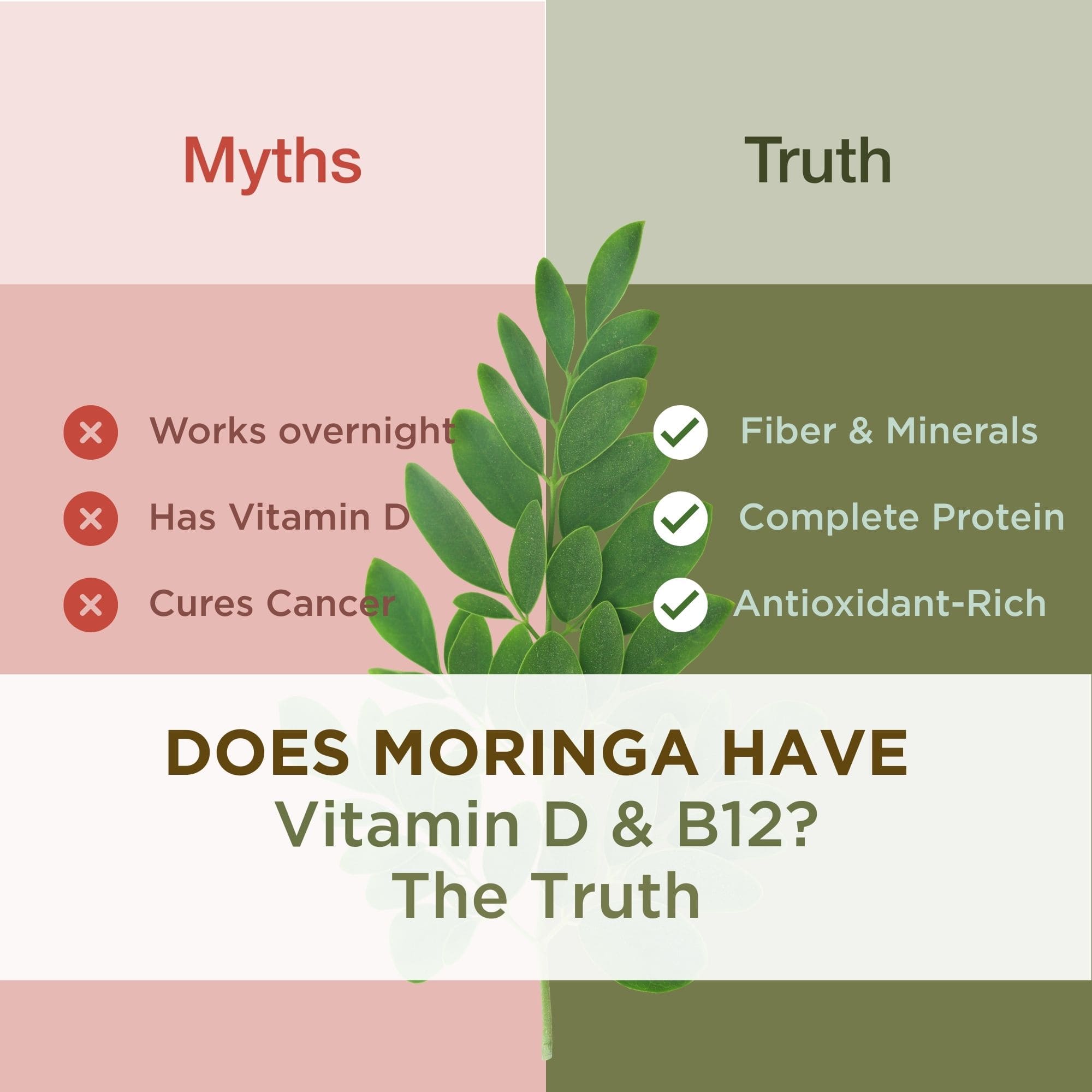
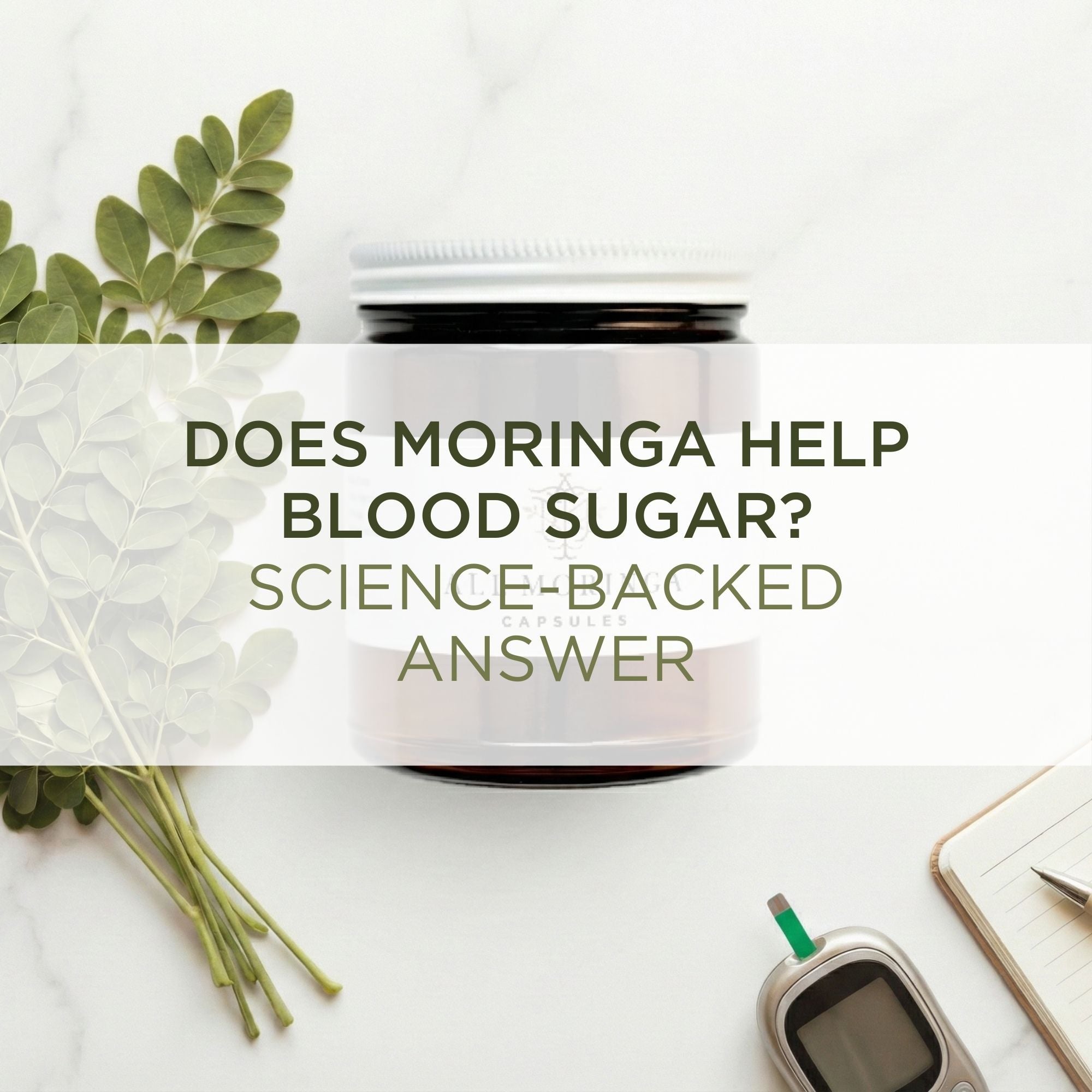
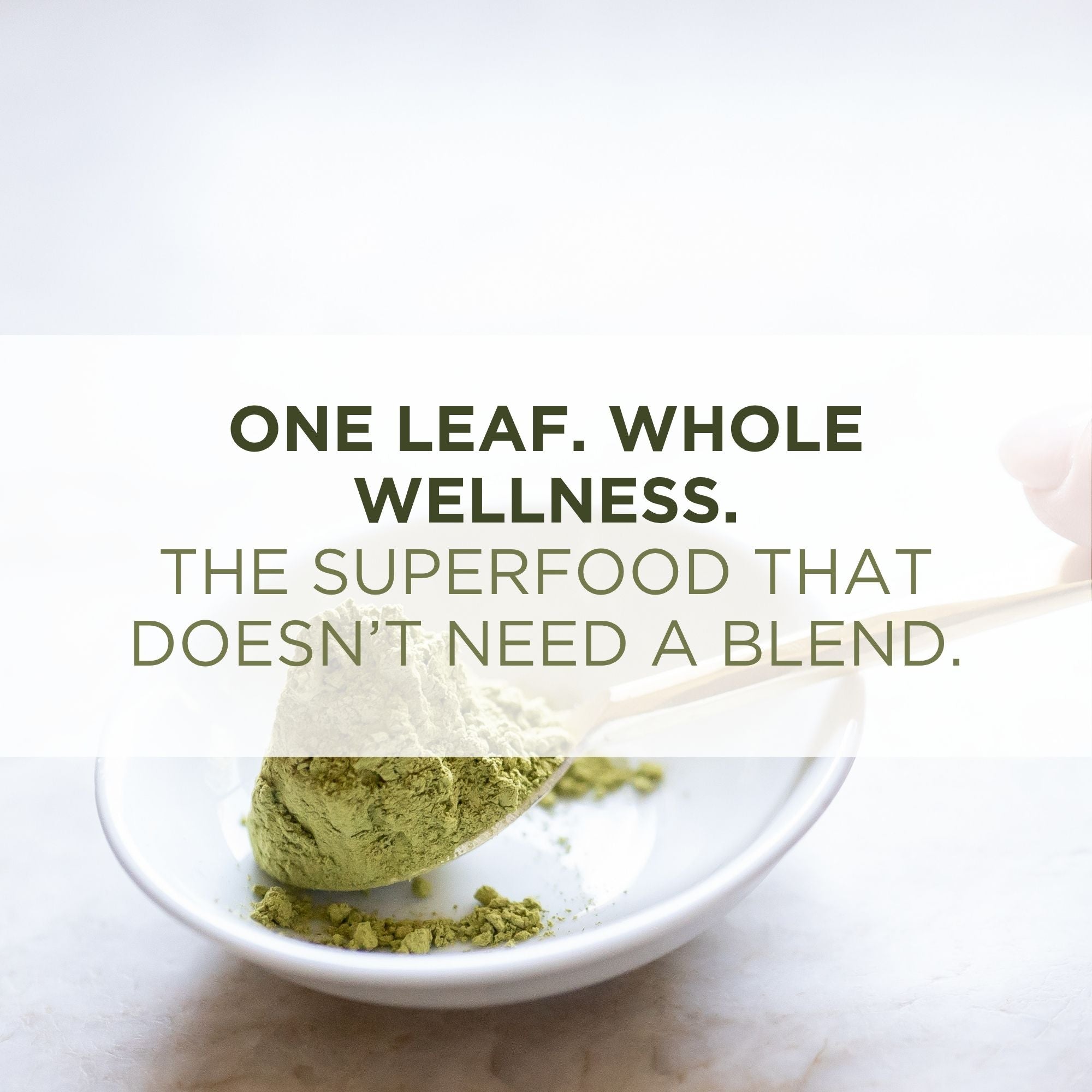
Leave a comment
This site is protected by hCaptcha and the hCaptcha Privacy Policy and Terms of Service apply.